In times of natural disasters like earthquakes or storms, reliable communication becomes a critical lifeline. When cell towers go down, power outages occur, and the internet becomes inaccessible, walkie-talkies stand out as an essential tool for staying connected with loved ones and rescue teams. Lightweight, portable, and independent of external infrastructure, they are a must-have addition to any emergency survival kit. Here’s why walkie-talkies are indispensable during earthquakes and storms—and how to choose the right ones for your needs.
Why Walkie-Talkies Are Crucial in Emergencies
1. Independent Communication
Unlike cell phones, which rely on network towers, walkie-talkies operate on radio frequencies. This independence ensures communication remains uninterrupted, even when traditional communication systems fail.
2. Instant Connectivity
Walkie-talkies provide real-time communication with no need to dial numbers or wait for call connections. A push of a button ensures you’re instantly heard, which is invaluable in fast-changing situations.
3. Wide Range Coverage
Depending on the model, walkie-talkies can cover ranges from a few miles to over 30 miles, making them ideal for coordinating with family or community members across large areas.
4. Durability
Many walkie-talkies are designed to withstand harsh conditions. Waterproof, shockproof, and built to last, they remain operational even in heavy rains, floods, or after being dropped.
5. Battery Reliability
With replaceable or rechargeable batteries, walkie-talkies can last for days without needing power from the grid. Some even come with solar chargers or hand-crank charging options for added reliability.
Features to Look For in Emergency Walkie-Talkies
1. Long Battery Life
Choose a model with extended battery life or the ability to swap in standard AA or AAA batteries during an emergency.
2. Weatherproof Design
Ensure the walkie-talkies are waterproof and rugged enough to endure extreme weather conditions.
3. Emergency Alert Channels
Many advanced walkie-talkies offer NOAA (National Oceanic and Atmospheric Administration) weather alerts and emergency channels that provide real-time updates on storms or evacuation plans.
4. Long Range
Opt for a model with a range of at least 10 miles for better coverage in disaster scenarios, especially in areas with minimal obstructions.
5. Privacy and Security
Look for models with multiple channels and privacy codes to prevent interference from other users during emergencies.
6. Hands-Free Operation
A walkie-talkie with hands-free (VOX) functionality allows you to communicate while performing critical tasks like carrying supplies or helping others.
How to Use Walkie-Talkies During Earthquakes and Storms
1. Coordinate with Family or Neighbors
Assign one walkie-talkie to each household or family member. Use a pre-agreed channel to maintain communication in case of separation.
2. Monitor Emergency Broadcasts
Tune into emergency frequencies or weather channels to stay updated on evacuation orders, storm progression, or road closures.
3. Organize Rescue Efforts
Use walkie-talkies to relay information about injuries, trapped individuals, or safe meeting points to others nearby.
4. Communicate with Rescue Teams
Walkie-talkies with access to public frequencies can be used to contact emergency responders in remote areas.
5. Avoid Overloading Channels
During widespread disasters, keep messages concise and avoid unnecessary chatter to ensure critical communications are not delayed.
Building an Emergency Kit with Walkie-Talkies
A well-prepared survival kit is essential for any natural disaster, and walkie-talkies are a key component. Here’s a quick checklist for your kit:
• Walkie-Talkies (with extra batteries or a charging solution)
• Flashlights and batteries
• First-aid supplies
• Water and non-perishable food for at least three days
• Portable phone chargers or solar power banks
• Blankets, warm clothing, and rain gear
• Emergency radio (for updates if walkie-talkies don’t have weather channels)
• Maps and a compass
• Personal identification documents
Conclusion: Stay Connected, Stay Safe
Walkie-talkies offer a lifeline when everything else fails during earthquakes, storms, or other emergencies. Their ability to provide instant, reliable communication can make the difference between safety and danger, calmness and panic. By adding a durable, feature-packed set of walkie-talkies to your emergency kit, you’re taking an important step toward preparedness.
Don’t wait until disaster strikes—equip your family with the tools they need to stay connected and safe, no matter what nature throws your way.


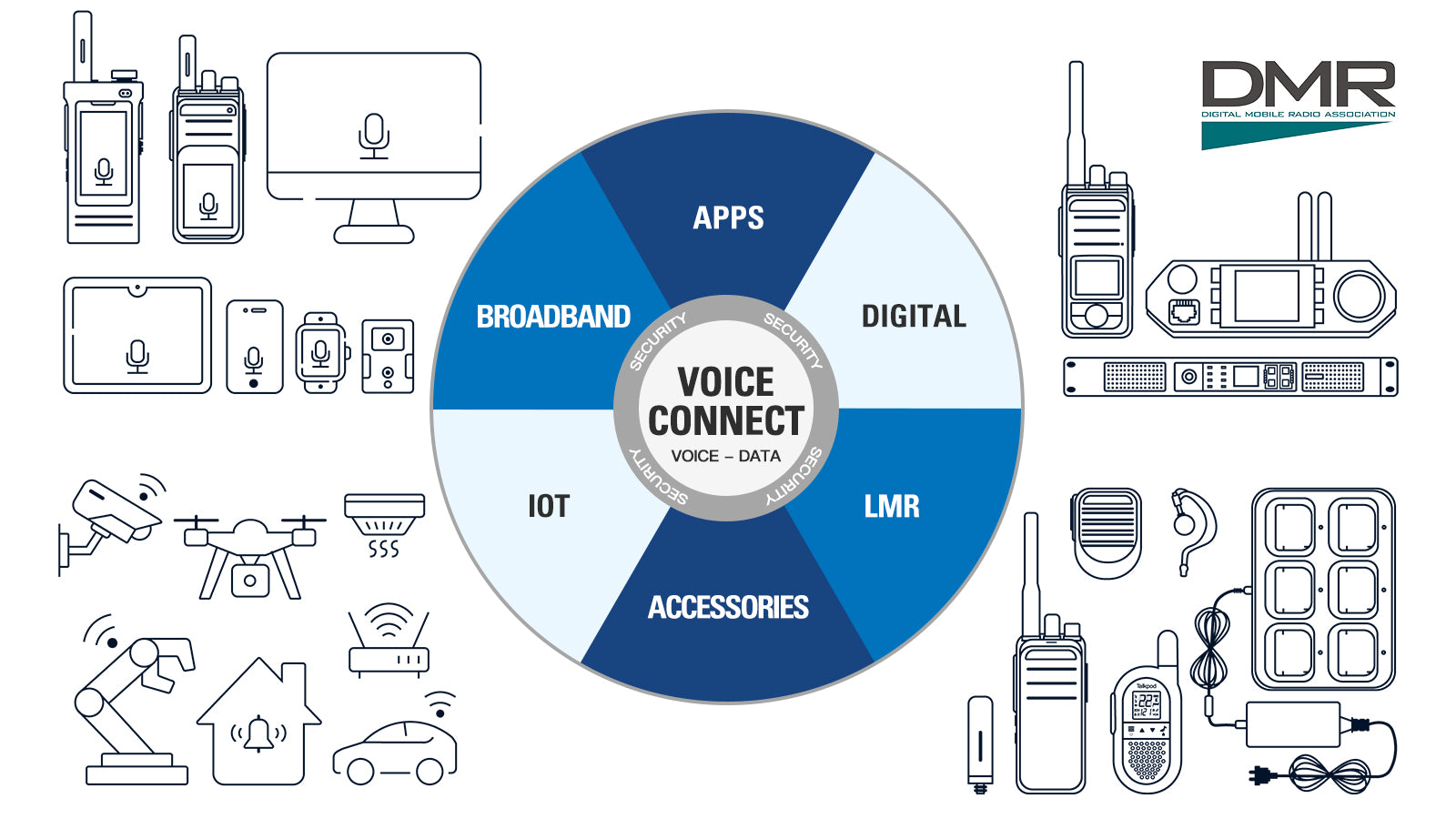
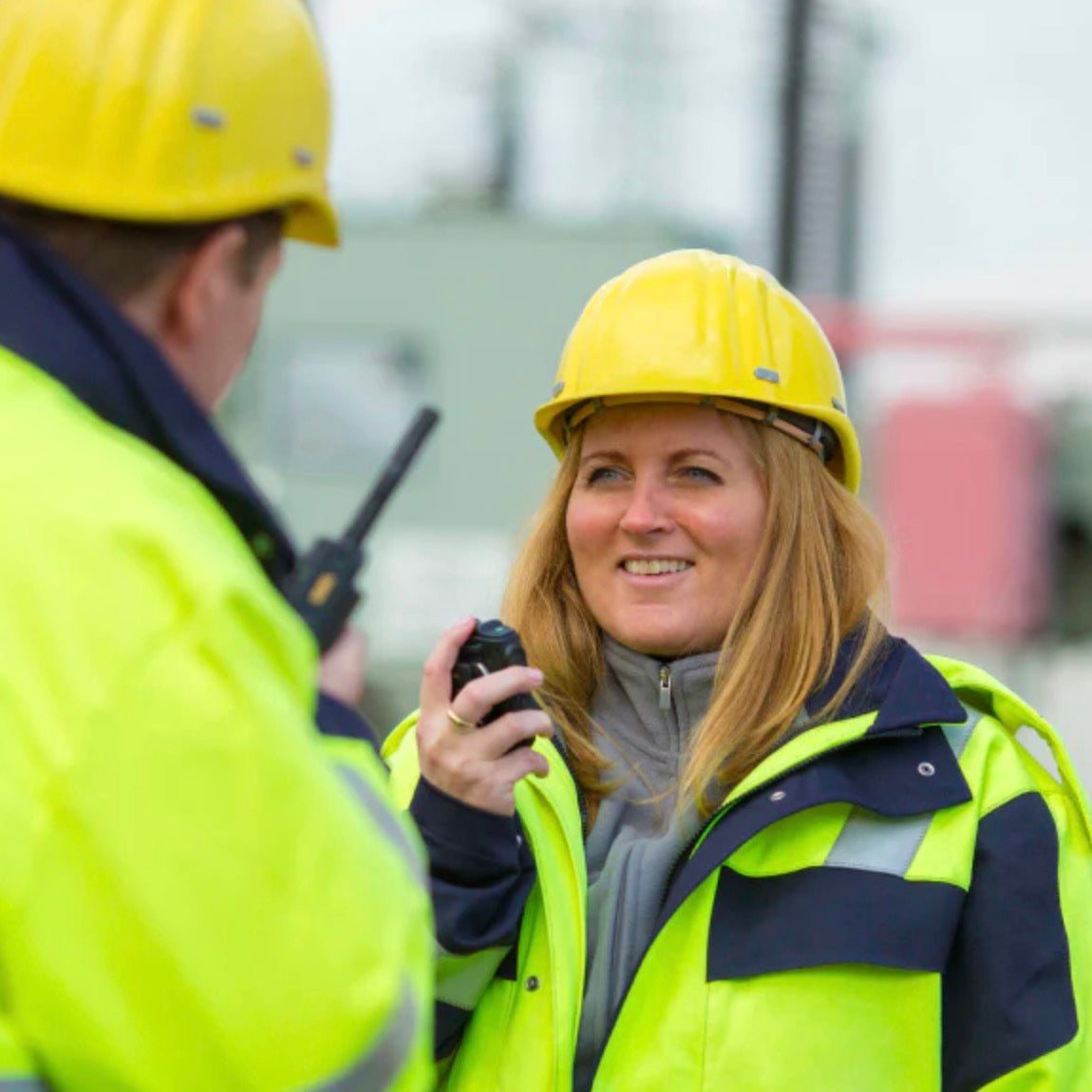

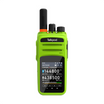
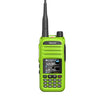
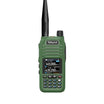
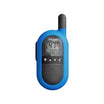
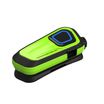
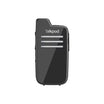
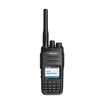
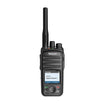
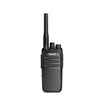
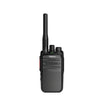
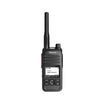
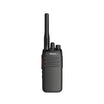
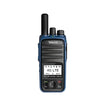
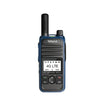
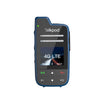
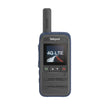
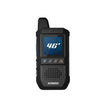
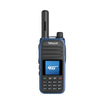
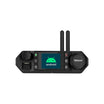
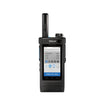
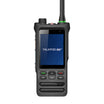


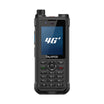
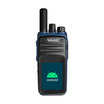
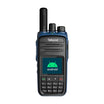
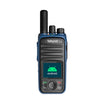
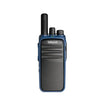
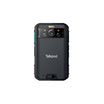
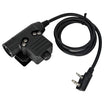

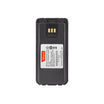
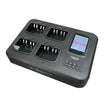
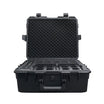

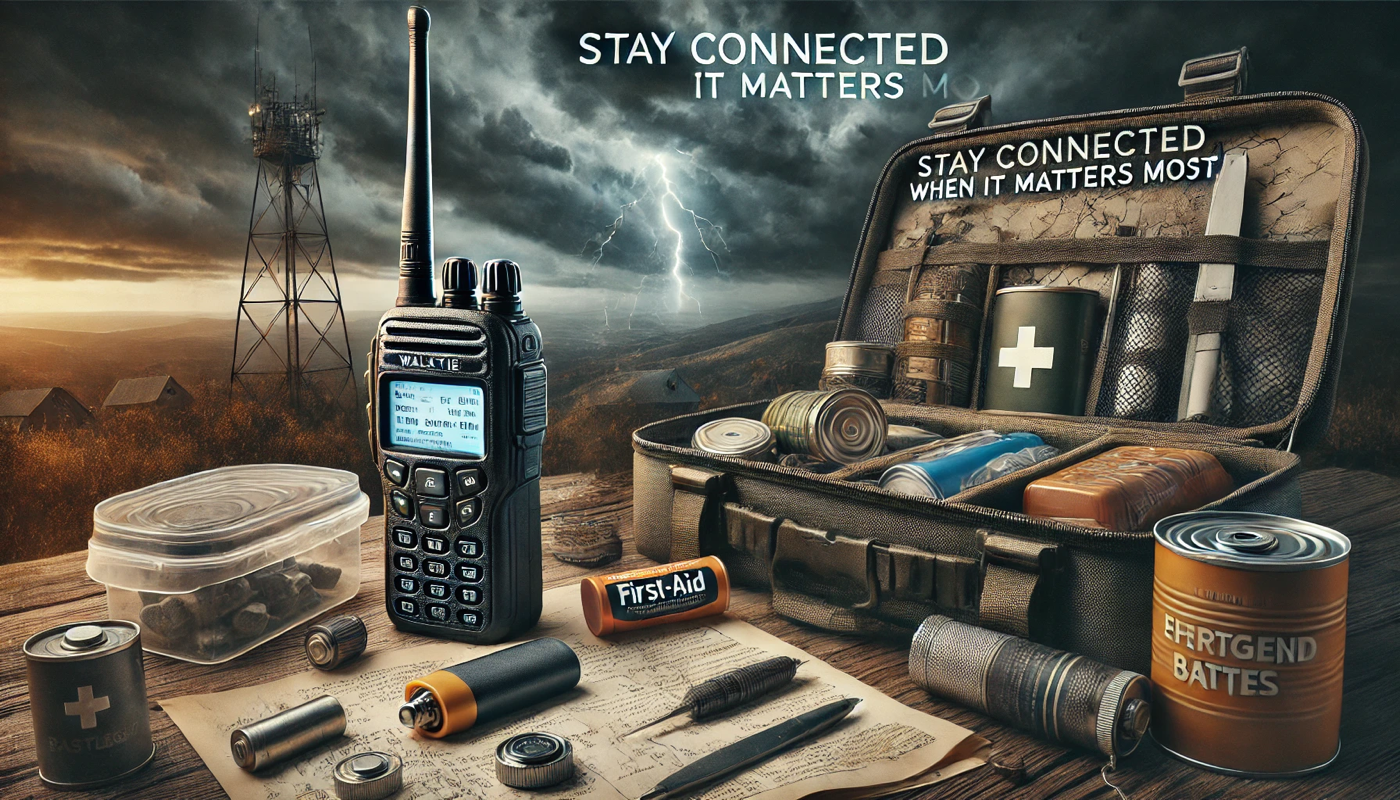


Leave a comment
All comments are moderated before being published.
This site is protected by hCaptcha and the hCaptcha Privacy Policy and Terms of Service apply.